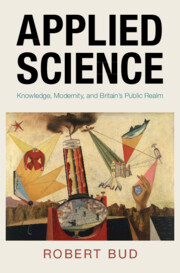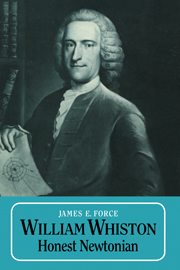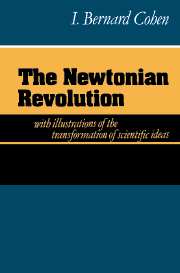The Rise of Public Science
In The Rise of Public Science, Larry Stewart explores social attitudes towards the claims and the activities of the natural philosophers in Britain from the Restoration to the first stage of industrialisation. By examining the activities and the promotions in which Newton's disciples became involved, Stewart sheds light on prevailing and practising attitudes to science and technology before the Industrial Revolution. Troubled by claims of social and political legitimacy, the Newtonian public lecturers took Newton's science far beyond the Royal Society into a world of projectors, patents, and some of the great entrepreneurial scandals of the early eighteenth century.
- The author explores controversial links with a variety of technical and entrepreneurial ventures on the verge of the Industrial Revolution
- Highly readable text
Reviews & endorsements
'Larry Stewart's superb book … revolutionizes our understanding of how Britain adopted Newtonianism and what this means.' The Times Literary Supplement
' … a useful account of a crucial episode in the origins of the ethos of modern industrial society.' The Times Higher Education Supplement
Product details
October 1992Hardback
9780521417006
489 pages
235 × 158 × 29 mm
0.839kg
16 b/w illus.
Unavailable - out of print March 2003
Table of Contents
- List of illustrations
- Preface
- Introduction
- Part I. For Light:
- 1. Deeds, not words
- 2. Providence and the Newtonians
- 3. Whiston, Clarke, and the crisis of doctrine
- Part II. The Rise of Public Science:
- 4. Entrepreneurs of science
- 5. The Newtonians and the English transformation
- 6. The Longitudinarians
- 7. Degaguliers and the usefulness of philosophers
- Part III. For Use:
- 8. The culture of enterprise before 1750
- 9. Limits of projecting
- 10. The Chandos connection
- 11. The dragons on the Thames
- 12. The engines of providence
- Conclusion
- Bibliography
- Index.








